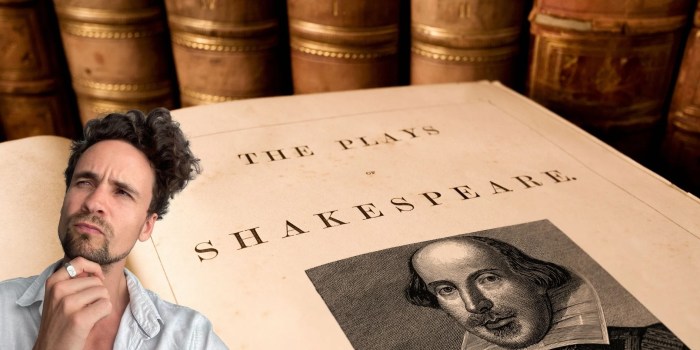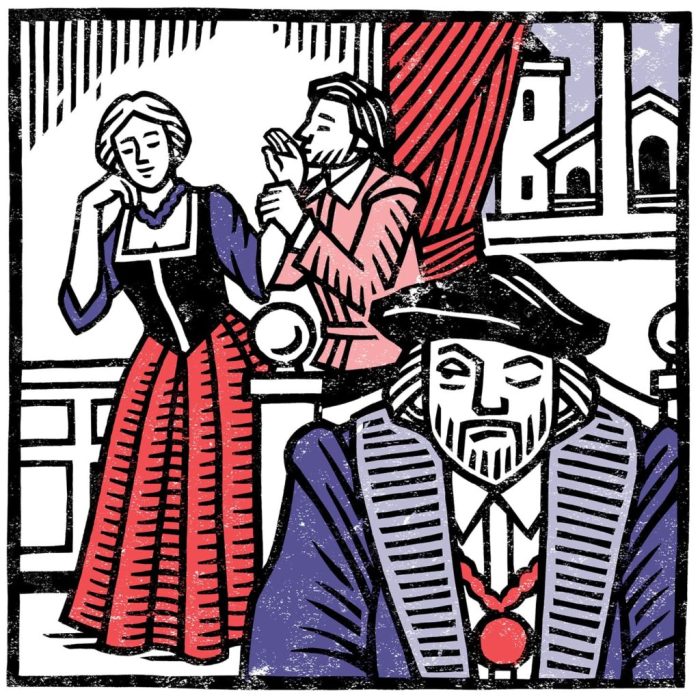Two gentlemen of verona julia monologue – William Shakespeare’s ‘Two Gentlemen of Verona’ features a captivating monologue delivered by Julia, a character whose words and experiences resonate deeply with audiences. This monologue serves as a pivotal moment in the play, revealing Julia’s inner struggles, desires, and the complexities of her character.
Julia’s monologue explores universal themes of love, identity, and societal expectations, challenging societal norms and offering insights into the human condition.
Character Analysis of Julia

Julia is a complex and multifaceted character in Two Gentlemen of Verona. Her motivations, desires, and conflicts drive the plot of the play and reveal her evolving personality. Throughout the play, she undergoes a journey of self-discovery, grappling with issues of love, identity, and gender.
Julia’s primary motivation is her love for Proteus. She is willing to defy her father and society’s expectations to be with him. Her desire for love leads her to disguise herself as a pageboy named Sebastian and follow Proteus to Milan.
This disguise allows her to observe Proteus’s actions and test his love for her.
Julia’s experiences in Milan shape her character development. She witnesses Proteus’s betrayal and falls in love with the disguised Valentine. This experience forces her to confront her own feelings and question her identity. She realizes that she is more than just a woman defined by her love for a man.
Themes Explored in Julia’s Monologue
Julia’s monologue in Act IV, Scene 4, is a powerful exploration of the themes of love, identity, and gender. In this monologue, Julia expresses her conflicting emotions about Proteus’s betrayal and her newfound love for Valentine.
Julia’s monologue challenges societal norms by questioning the traditional roles of men and women. She rejects the idea that women should be passive and submissive in love. She also challenges the idea that love is always constant and unchanging.
Literary Devices in Julia’s Monologue, Two gentlemen of verona julia monologue
Julia’s monologue is rich in literary devices that contribute to its emotional impact and meaning. These devices include:
- Metaphors:Julia compares her love for Proteus to a “sea of love” and a “heaven of joy.” These metaphors convey the intensity and depth of her emotions.
- Similes:Julia compares her heart to a “wounded deer” and her tears to “pearls.” These similes create vivid images that help the audience understand Julia’s pain and suffering.
- Imagery:Julia uses imagery of light and darkness to represent her conflicting emotions. She refers to Proteus as her “sun” and Valentine as her “moon.” This imagery suggests that Julia is torn between her love for Proteus and her newfound love for Valentine.
Dramatic Significance of Julia’s Monologue
Julia’s monologue is a turning point in the play. It reveals Julia’s true feelings and sets the stage for the resolution of the conflict between Proteus, Valentine, and Julia.
The monologue advances the plot by forcing Proteus to confront his own feelings and actions. It also creates dramatic tension by raising questions about the future of the characters.
Performance Considerations for Julia’s Monologue
Actors who perform Julia’s monologue should focus on conveying the character’s complex emotions. The monologue should be delivered with a sense of passion, vulnerability, and strength.
Actors should use vocal techniques to create a sense of intimacy and connection with the audience. They should also use physicality to express Julia’s emotional journey.
General Inquiries: Two Gentlemen Of Verona Julia Monologue
What is the significance of Julia’s monologue in ‘Two Gentlemen of Verona’?
Julia’s monologue is a turning point in the play, revealing her determination to defy societal expectations and pursue her love for Proteus.
How does Julia’s monologue challenge gender roles?
Julia’s monologue challenges traditional gender roles by asserting her agency and independence as a woman.
What literary devices are used in Julia’s monologue?
Julia’s monologue employs various literary devices, including metaphors, similes, and imagery, to convey her emotions and inner struggles.

